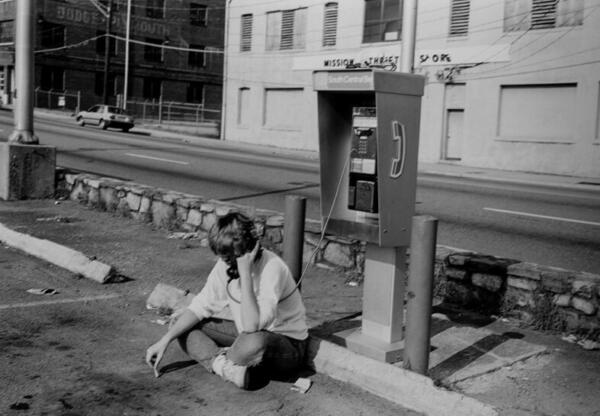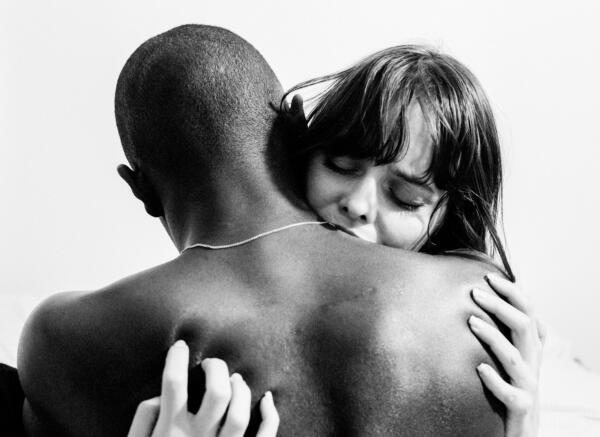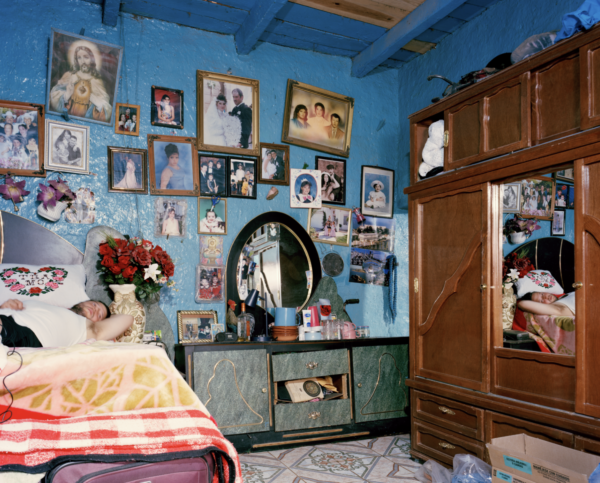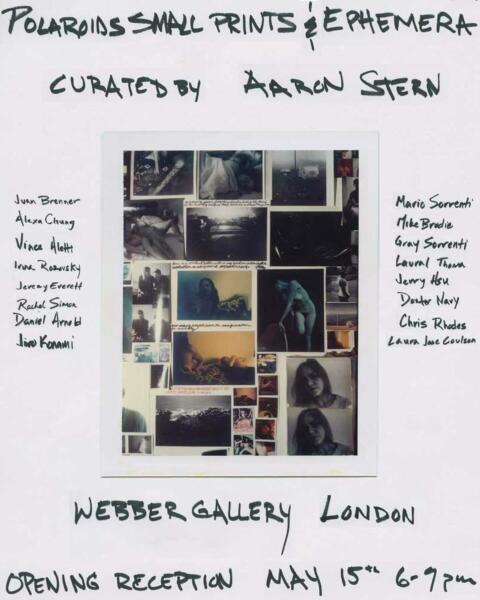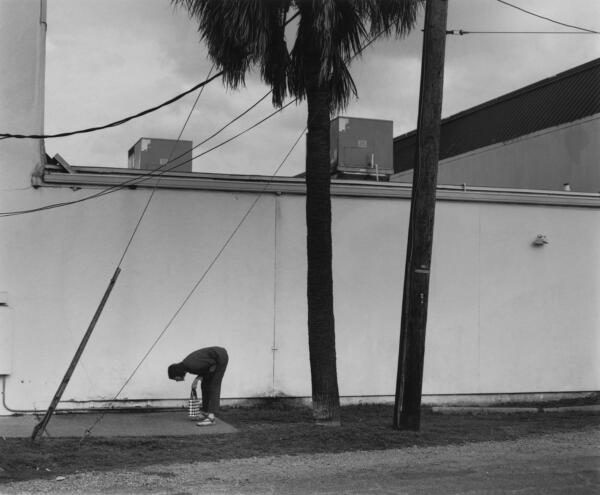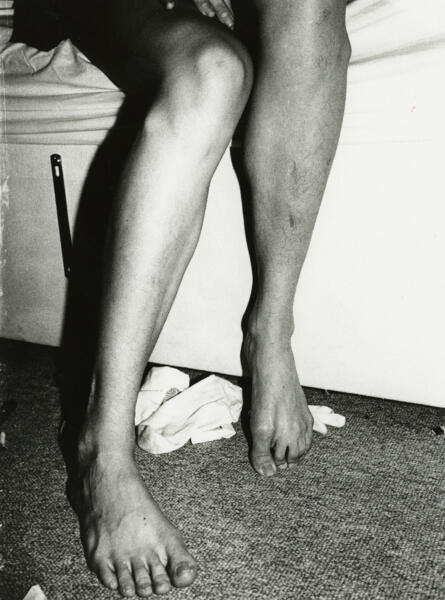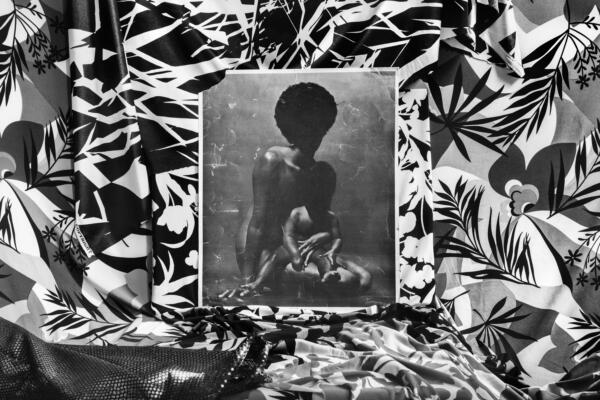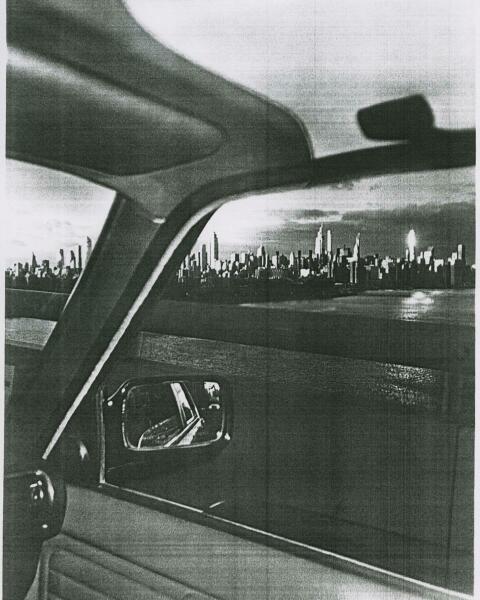- Past
-
Aaron Stern,
Decades Curated by Aaron Stern
![]()
-
Robbie Lawrence,
Mann
![]()
-
Timon Benson,
Voice of Matter
![]()
-
Yale MFA Photo,
First Breath Second Sight
![]()
-
Aaron Stern,
POLAROIDS, SMALL PRINTS and EPHEMERA
![]()
-
Yorgos Lanthimos,
Photographs
![]()
-
Webber Gallery,
Photo London 2025 Stand G17
![]()
-
Peter Tomka,
Bachelor Suite
![]()
-
Keisha Scarville,
lick of tongue, rub of finger, on soft wound
![]()
-
Aaron Stern,
Hard Copy Los Angeles
![]()
Text by Peter Watkins
There’s this memory I have where we’re driving down a long straight road. The windscreen wipers are going at continuous, and vision is dull and mostly grey. My mother is seated front left, in the passenger side, and my father is driving, wearing a merino jumper with interconnecting diamond shapes; the kind golfers wear. I recall leaning forward and asking a question with an equal measure of naivety and boldness—the kind of question that seems to arise from some existential place that children of a certain age develop—I am curious which of my parents will die first, and I go about asking them their ages. My father, at the wheel, turns his head slightly, and explains that he’s eighteen years older than my mother. I pause briefly, before declaring that in this case my father will die first, followed by my mother, who will die many years later. I forget what my mother was wearing.
Some months later my mother would end up walking into the North Sea, her final act in a series of events that came to sum up her final few months of life. Somehow torn between her native Germany and Wales, where I grew up, her apparent suicide was located in equidistance from both these places, the symbolic nature of which is still the stuff of mystery. The memories of this time, and what is built around it, creates a foundational narrative of sorts that I can accept to some degree as authentic—I was there, after all; that was me sitting in the car, and later me standing to have my photograph taken right where my mother had been buried, with the newly dug soil at my feet.
These memories are coloured by recollection, by the inadequacy of language, and, through language, they bare all the rhythm and structure of narrative fiction—my recollections are transfigured by narrative, but also brought to life by them, and somewhere in the conscious act retelling, a certain degree of dilution seems to occur. The purity of memory is transformed in this exchange, and the seemingly authentic becomes nothing more than an insufficient narrative, an incomplete patchwork of facts, assumptions, and storytelling.
The Unforgetting is the culmination of several year’s work that examines my German family history; the trauma surrounding the loss of my mother as a child, as well as the associated notions of time, memory and history, all bound up in the objects, places, photographs, and narrative structures circulated within the family. This is an exploration of a personal history that cannot be told with any certainty, but is told anyway.






















